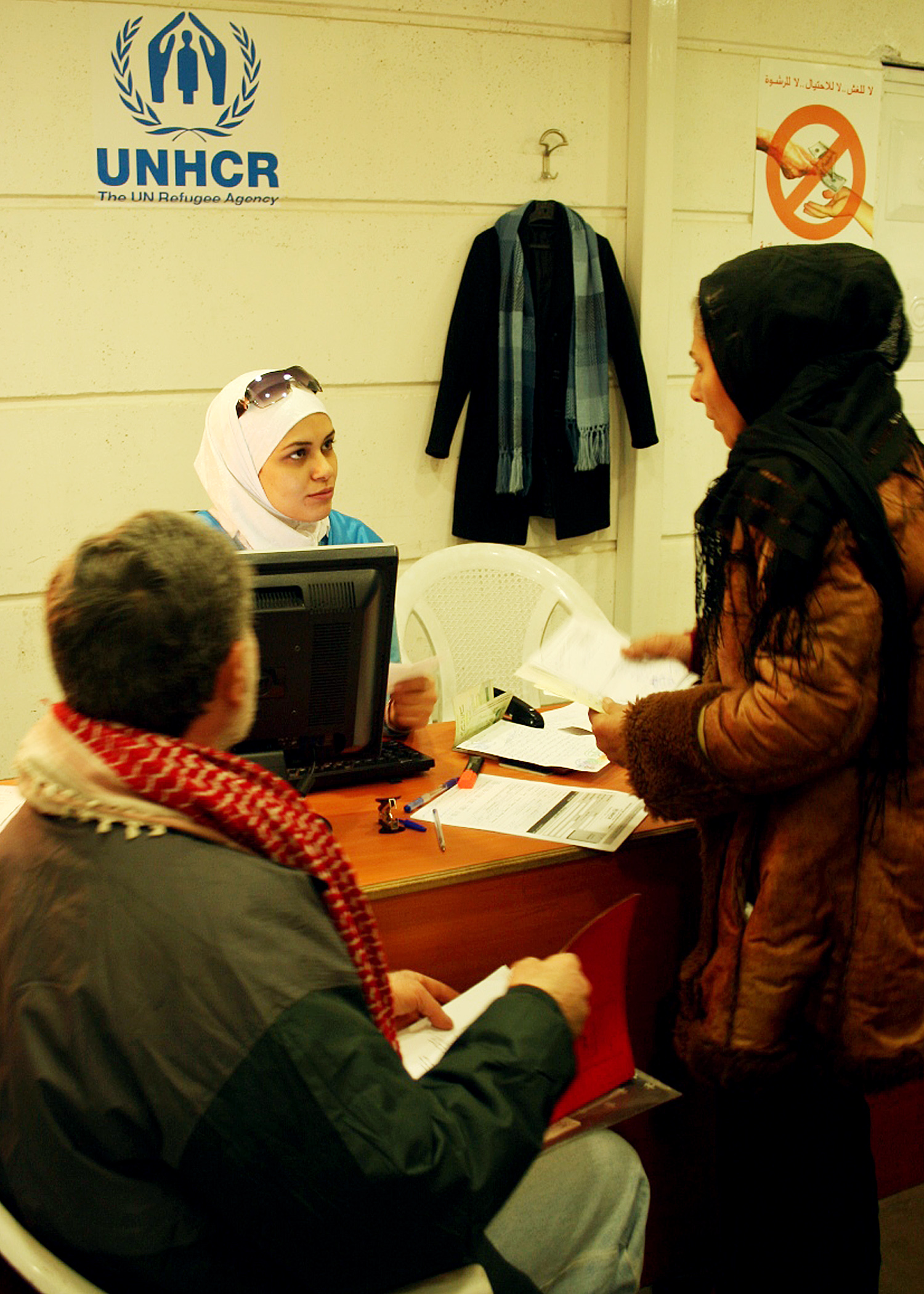The figures, based on interviews with 754 refugees and analysed by the US Center for Disease Control using the Hopkins Symptom Checklist (HSC) and the Harvard Trauma Questionnaire (HTQ), reveal that 89.5 percent are suffering from depression, 81.6 percent from anxiety and 67.6 percent from Post Traumatic Stress Disorder (PTSD).
“We are shocked by the statistics, but at the same time we are not surprised because every hour of the day there is somebody who reports torture, there is someone who reports the devastating effects of the violence,” said Sybella Wilkes, spokesperson for the UNHCR in Syria.
Compared to similar studies conducted during and after conflicts in Kosovo and Afghanistan, the figures demonstrate the depth of emotional despair felt by Iraqi refugees in Syria.
A study conducted in Kosovo in 2003, four years after the end of the war against Serb forces, showed a PTSD level of 25 percent, while an Afghanistan study from 2004 conducted during a Taliban-led insurgency showed a PTSD level of 42.1 percent - both dramatically lower than the Iraqi level.
Figures “unusually high”
|
VIDEO: Iraqi refugees in Syria |
|
|
While the figures cannot necessarily be generalised to all Iraqi refugees in Syria, “the PTSD figures here are unusually high,” said Wilkes.
US-led forces attacked Iraq in March 2003, swiftly toppling Saddam Hussein’s regime but triggering an insurgency and brutal sectarian civil war.
According to the figures, 77 percent of respondents had been affected by air bombardments, shelling or rocket attacks, 80 percent had witnessed a shooting, 68 percent had undergone interrogation or harassment by militias, and 75 percent knew someone close to them who had been killed.
In the UNHCR registration centre in Damascus Iraqi refugees do not hide their anguish: One family of 10 sat weeping uncontrollably as they recounted their story to a UNHCR registration clerk. Amongst them they had suffered rape and gunshot wounds and now they said they could no longer afford life in Syria.
“Of course we’re depressed,” said Ahmed Tariq. “We have been since 2003 when it all began.”
Another man, Mohammed Ali, said that because of threats on his life by Shia militias he “became so afraid and started suffering from hyper-tension,” which he said had led to a serious deterioration of his health.
The UNHCR said the figures explained some of the troubling trends they were seeing among refugees.
“It explains why we’re seeing so many children not attending school, why we’re seeing so many families that are going through problems, marriages that are not working out, increased domestic violence - all the worst consequences of trauma,” said Wilkes.
But Wilkes said the UNHCR was working hard to expand the services on offer, referring people to the limited number of doctors and institutions available.
jl/hm/ar/cb
This article was produced by IRIN News while it was part of the United Nations Office for the Coordination of Humanitarian Affairs. Please send queries on copyright or liability to the UN. For more information: https://shop.un.org/rights-permissions





